Nature reports
Publisher: Netherlands Institute of Ecology (NIOO-KNAW)
Page 1 of 5 - 42 Results
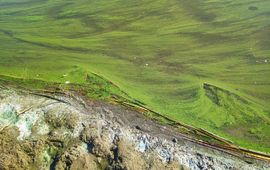
Every summer there they are again, blue-green algae. Why are they a problem, are they getting worse with climate change and what can we do about them? These are questions that over the past few years the Netherlands Institute of..

The Netherlands is a delta, a country that exists by the grace of water. Yet only in 1957 a professional ecological research institute for fresh water was established: the Hydrobiological Institute, a precursor of NIOO-KNAW. In..
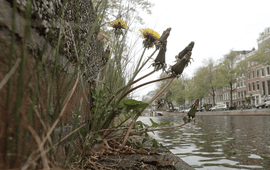
City dandelions grow better in hot summers and flower better after mild winters than their rural counterparts, according to research by the Netherlands Institute of Ecology (NIOO-KNAW) that compared dandelions from the centre of..
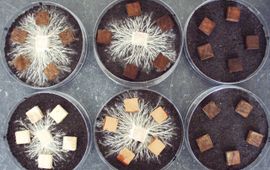
Of all the components of dead plants, wood is the hardest to break down. Why is it that fungi know how to do this? What issues did they need to solve to achieve this? The Netherlands Institute of Ecology (NIOO-KNAW) tries to find..
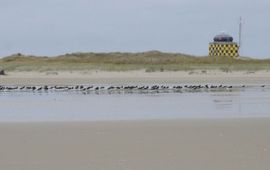
Oystercatchers will decline by 56 to 79 percent on three Wadden Islands over the next hundred years. This is according to results from James Cook University in Australia which continues on previous research by the Netherlands..
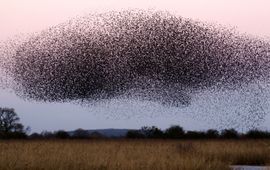
Young, naïve starlings are looking for their wintering grounds independently of experienced conspecifics. By revisiting a classic ‘displacement’ experiment and by adding new data, a team of researchers at the Netherlands Institute..
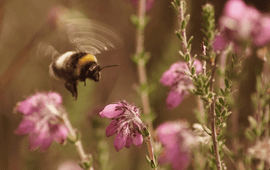
The Dutch landscape is losing plant species that rely on pollination by insects, while plants pollinated by wind are proportionally increasing. Leiden environmental scientist Kaixuan Pan demonstrates this after analysing 87 years..
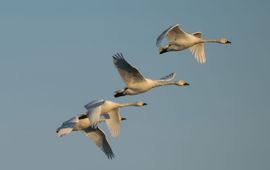
Bewick’s swans fly less far during their autumn migration when the weather is warm. Climate change has therefore led to a shift in their common wintering areas. Now, for the first time, bird researchers have been able to pinpoint..
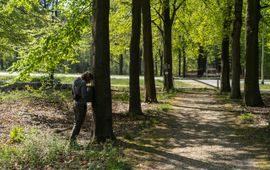
How important is cognitive flexibility – adjusting learned behaviour to fit new circumstances – for great tits' ability to adapt to a changing environment? Krista van den Heuvel did her PhD research at NIOO on this question. A..
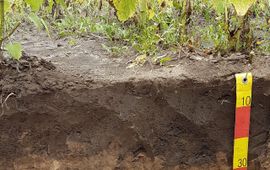
Microbes can eat 'junk food' and grow fat, just like humans. New research led by NIOO's Kyle Mason Jones suggests this even happens when you might not expect it. "Soil micro-organisms apparently use resources in a much more..
